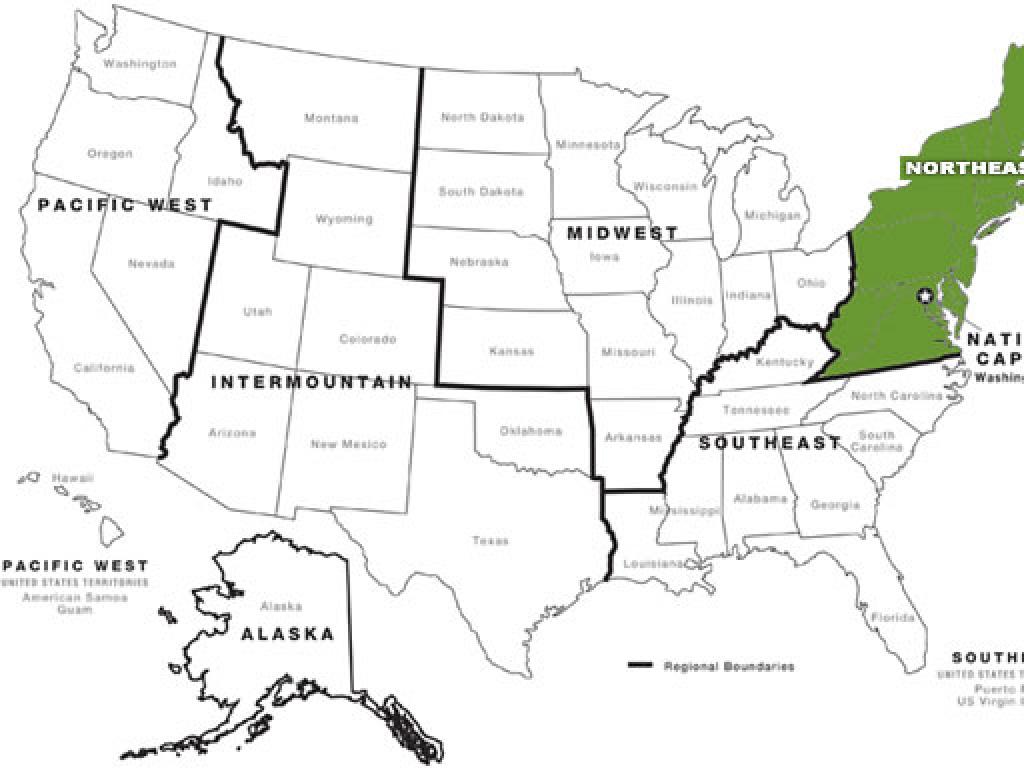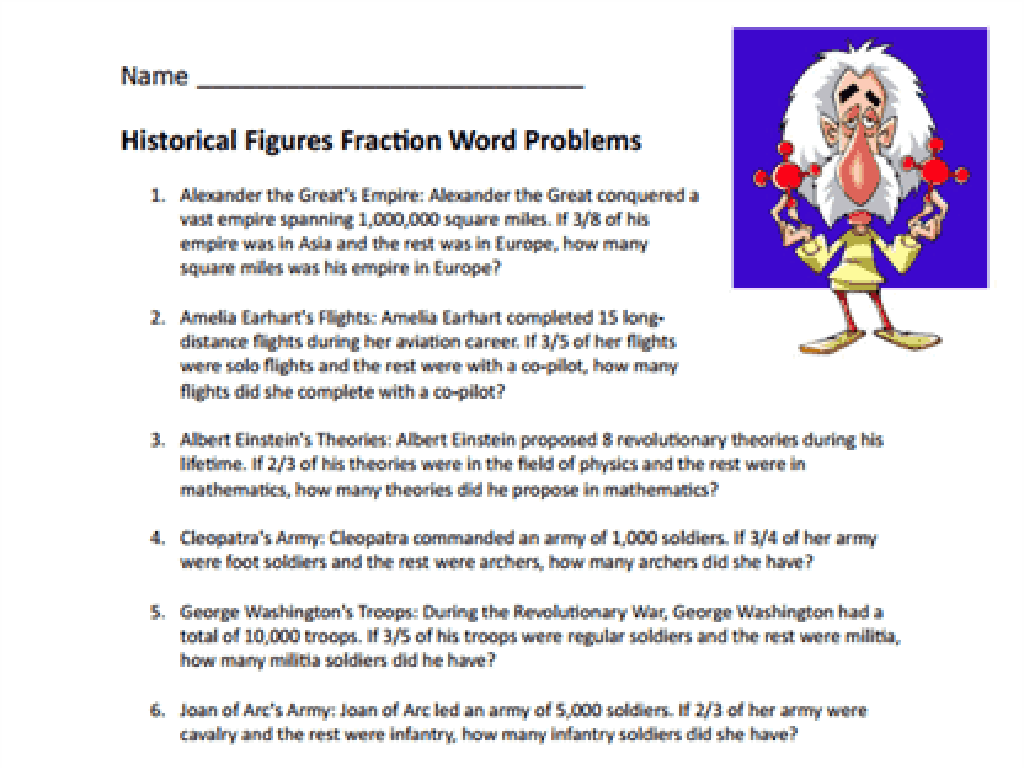Which Two Words Start With The Same Sound?
Subject: Language arts
Grade: Pre-k
Topic: Beginning And Ending Sounds
Please LOG IN to download the presentation. Access is available to registered users only.
View More Content
Fun with Beginning Sounds
– Exploring sounds in words
– Learn about starting sounds
– Sounds that words make when they start
– Listen for matching sounds
– Find words that sound similar at the start
– Practice with examples
– Example: ‘Cat’ and ‘Car’ both start with ‘C’
|
This slide introduces the concept of beginning sounds to Pre-k students in a fun and interactive way. Start the class with a simple warm-up by saying words out loud and having the children repeat them, emphasizing the starting sounds. Explain that some words start with the same sound and that today’s goal is to listen for those sounds. Use visual aids and props if possible to illustrate the words. Engage the children in a game where they have to identify objects or pictures that start with the same sound. Encourage participation and praise their efforts to build confidence. Prepare a list of word pairs that start with the same sound for practice, and consider bringing objects that represent those words for a tactile learning experience.
Matching Sounds: Which Words Sound Alike?
– Understanding word sounds
– Words start with sounds
– Same sound examples
– ‘Cat’ and ‘car’ both start with the ‘c’ sound
– Practice matching sounds
– Find words that start like ‘cat’ and ‘car’
|
This slide introduces the concept of sounds in words to Pre-k students. Begin by explaining that sounds are what we hear when we talk or when someone speaks to us. Emphasize that every word they say starts with a particular sound. Provide examples of words that start with the same sound, such as ‘cat’ and ‘car’, and explain that they both begin with the ‘c’ sound. Encourage the students to think of other words that start with the same sound. For the activity, have students practice matching sounds by finding pairs of words that start with the same sound. This can be done through a fun game or interactive activity where they can say the words out loud and listen to the sounds they make.
Matching Sounds Game
– Play a game to match sounds
– Listen to starting sounds
– Hear the first sound in ‘cat’, ‘car’, ‘dog’
– Find words with same beginnings
– ‘Cat’ and ‘car’ start with the ‘c’ sound
– Practice with examples
– Try ‘bat’, ‘ball’, and ‘rug’ together
|
This slide introduces a fun and interactive game to help Pre-k students recognize words with the same beginning sounds. The game will involve listening to the teacher say words out loud and then identifying which ones start with the same sound. For example, when the teacher says ‘cat’ and ‘car’, students should recognize that both words start with the ‘c’ sound. It’s important to articulate words clearly and encourage students to repeat the sounds. Provide immediate feedback and praise to reinforce learning. As an extension, students can be asked to come up with their own examples of words that start with the same sound.
Practice Time: Matching Sounds
– Listen to the first sound of a word
– Find a word with the same starting sound
– Example: ‘Dog’ and ‘Duck’
– Both words start with the ‘D’ sound
– Let’s practice together!
|
This slide is for a class activity focused on identifying the initial sounds in words. Start by clearly pronouncing a word to the class and ask them to listen carefully to the first sound of the word. Then, have the students find and say another word that starts with the same sound. Use the example provided (‘Dog’ and ‘Duck’) to illustrate what you expect from them. Encourage the students to think of their own examples and share them with the class. This activity helps in developing phonemic awareness among young learners, which is crucial for their reading and spelling skills. For the teacher: Be prepared with a list of words to use for this activity and be ready to guide the students towards the correct answers. Praise their efforts to build confidence.
Let’s Play a Sound Matching Game!
– Look at the pictures I show you
– Guess the words for each picture
– Clap when words start with the same sound
– For example, if I show a picture of a cat and a car, we clap!
– Focus on the beginning sound only
|
This interactive game is designed to help Pre-k students recognize and match the beginning sounds of words. Display pictures clearly to the class and encourage them to say the words out loud. When two words start with the same sound, lead the class in clapping to reinforce the concept. Remind them that only the beginning sound is important for this activity. This will help them develop phonemic awareness, which is crucial for early reading skills. Be prepared with a diverse set of images and ensure that you have examples with clear initial phonemes to avoid confusion. Praise the students for correct answers to boost their confidence.
Class Activity: Sound Pairs Game
– Play a card game with picture cards
– Match cards with the same starting sound
– For example, ‘cat’ and ‘car’ both start with the ‘c’ sound
– Work in teams to find sound pairs
– Have fun learning sounds together!
|
This interactive class activity is designed to help Pre-k students recognize and match sounds at the beginning of words. Set up the classroom with stations containing sets of picture cards. Each card should have an image of an easily identifiable object. Instruct the students to work in small groups to find pairs of cards where the depicted items start with the same sound. Encourage them to say the words out loud to hear the initial sound. This activity promotes teamwork and phonemic awareness. Possible variations of the activity could include matching ending sounds or finding the odd one out in a group of three cards. Ensure that the images are clear and the words are appropriate for their level of phonics knowledge.
Celebrating Our Sound Discoveries
– Congrats on matching sounds!
– Sounds play a key role in reading
– Playing with sounds now helps us with future reading and writing.
– Clapping for our achievements
– Let’s give ourselves a big round of applause for all the hard work!
– Excited for our next sound adventure!
|
This slide is meant to wrap up the lesson on beginning sounds with positive reinforcement. Congratulate the students on their ability to identify words with the same starting sounds. Emphasize the importance of this skill as a foundational step towards reading and writing. Encourage the children to celebrate their learning by clapping for themselves, fostering a sense of accomplishment. This also serves as a transition to the next lesson, keeping them excited about continuing their journey in phonics. Remember to maintain an enthusiastic tone to end the lesson on a high note.





